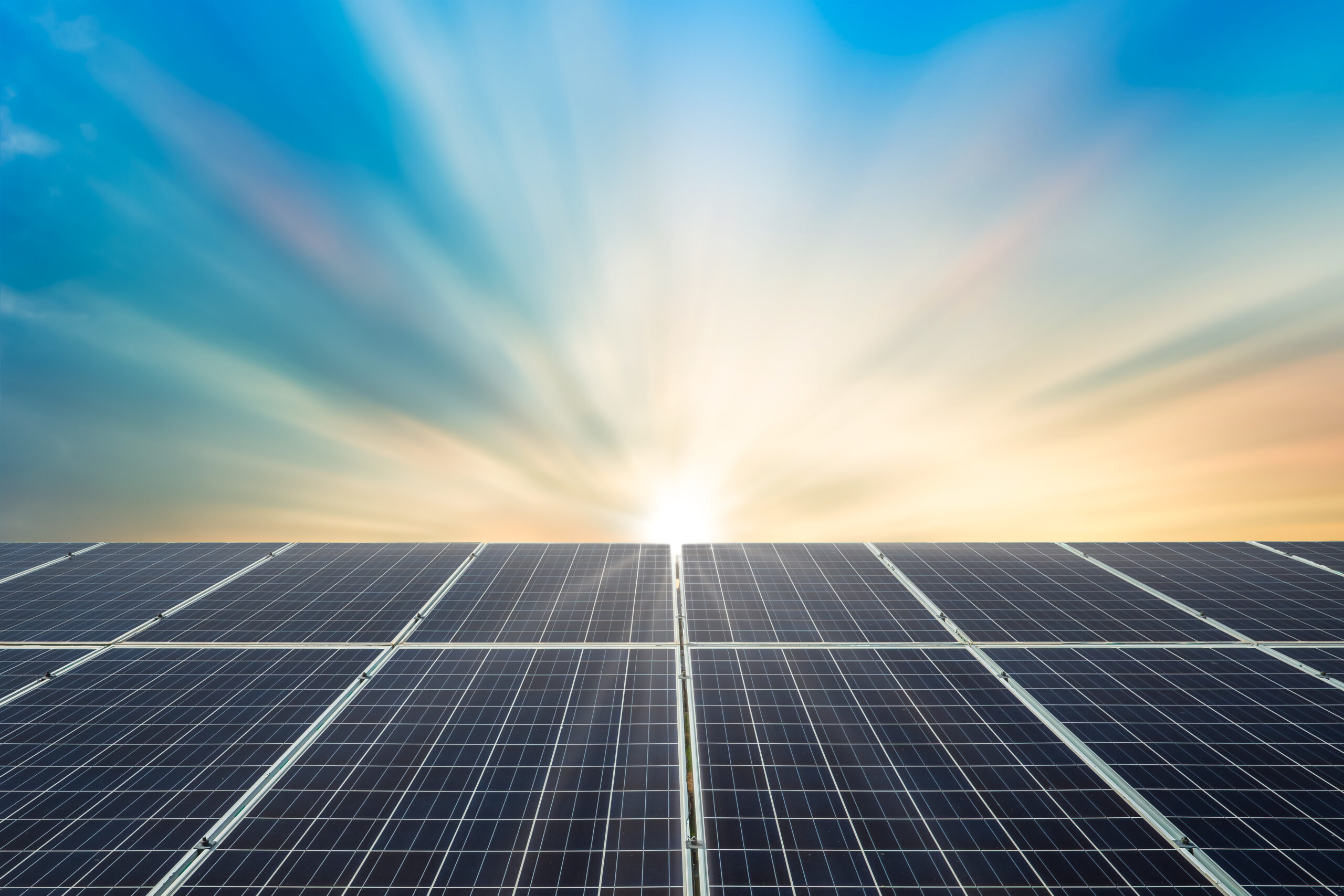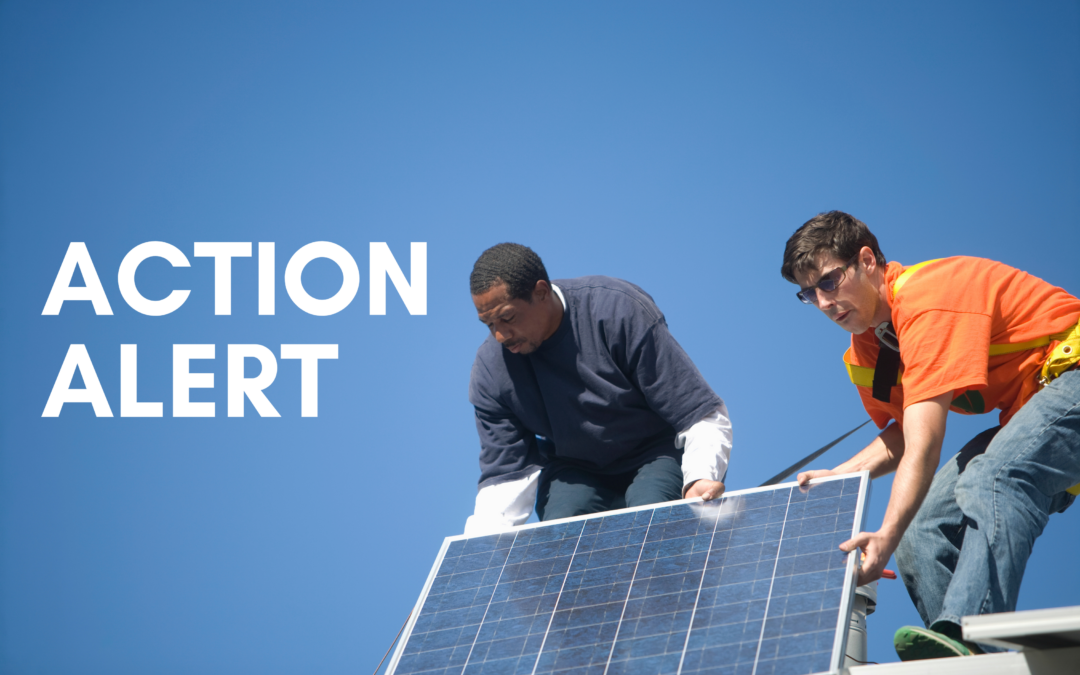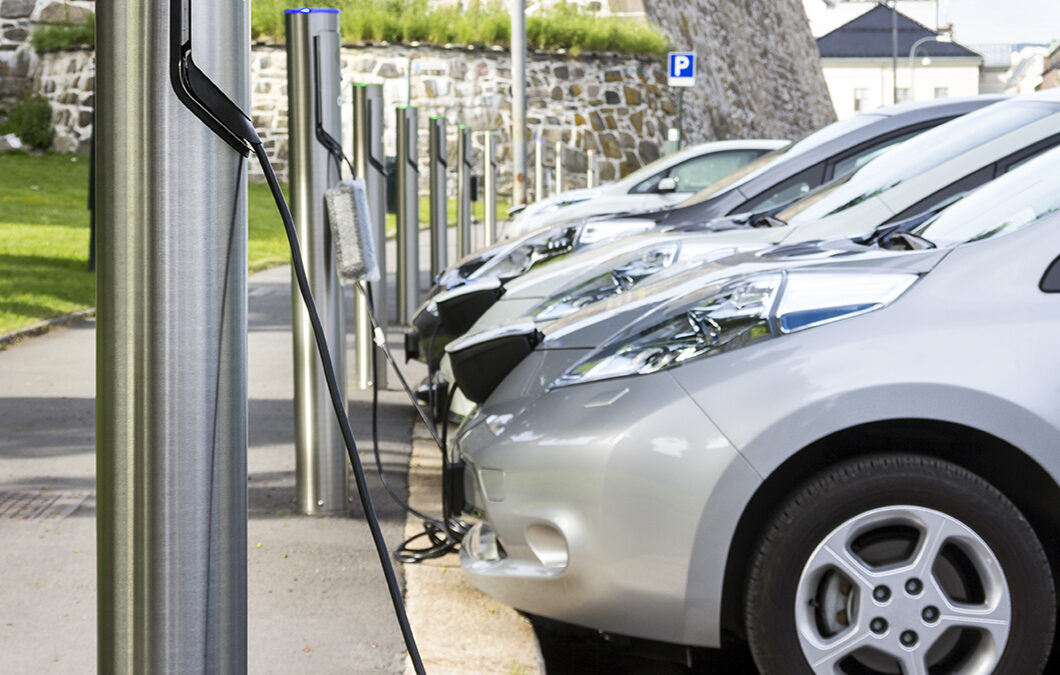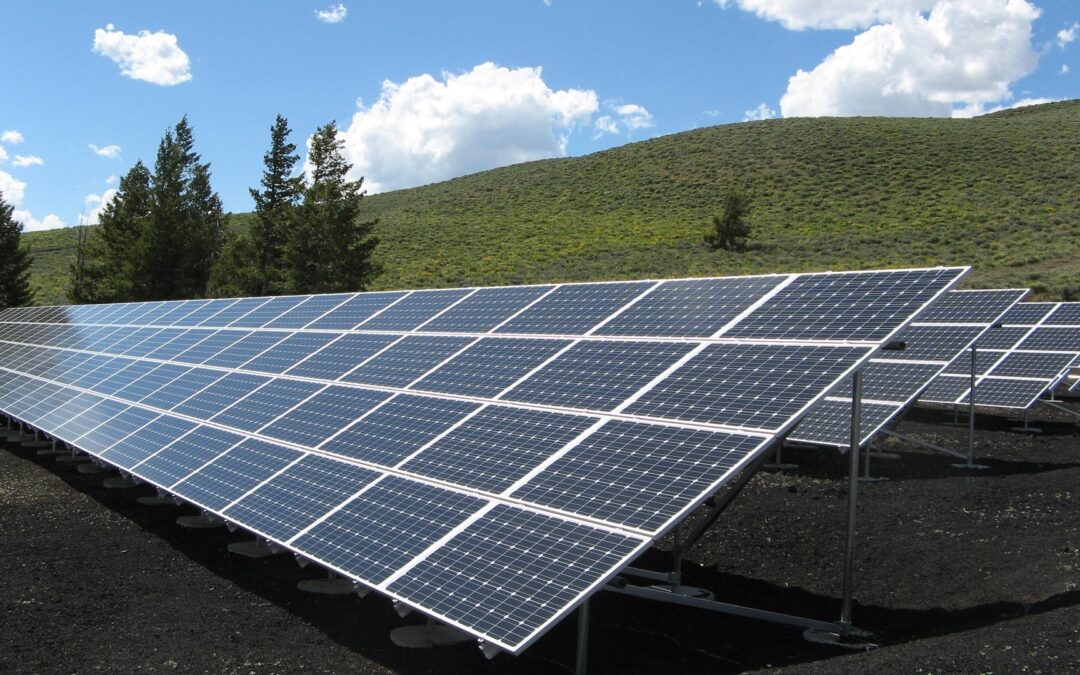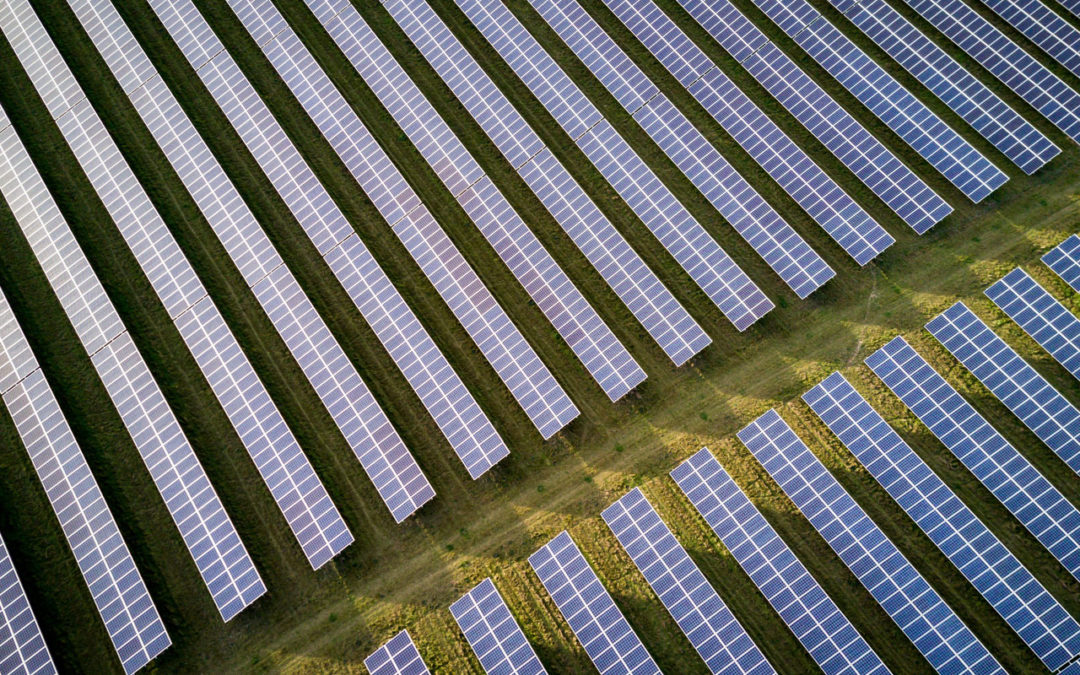Co-authored by Julia Herkert
In 1830s Scotland, an inventor named Robert Anderson dedicated himself to a parlor trick: a horseless carriage. By connecting a battery to a carriage, Anderson astounded the public with his vehicle that could mysteriously move on its own. While this carriage ran on a non-rechargeable battery that could hardly travel a few miles before running out of power, Anderson’s prototype triggered a breakthrough that would last centuries. Today, electric vehicles (EVs) have evolved into a leading force in the push toward a healthier and more sustainable way to transport people and goods, and it all started with a magic trick.
Hopefully, at this point, we don’t have to convince anyone that air pollution is harmful. But for those that prefer data over opinions, we recommend taking a look at a recent study by the University of Wisconsin–Madison suggesting that eliminating air pollution emissions from energy-related activities in the United States would prevent more than 50,000 premature deaths and provide more than $600 billion in benefits each year from avoided illness and death.
RENEW promotes EVs for the same reasons we encourage clean energy – replacing gasoline and diesel vehicles with EVs can help reduce air pollution and produce a healthier, more vibrant Wisconsin for all. Like clean energy deployment, putting EVs on the road requires strategic technology, policy, and infrastructure coordination. This coordination is essential because the technology alone isn’t enough to produce enduring results. Let’s look at the history of EV technology in America and the policies and infrastructure we need to unlock the benefits of an electrified – pollution-free – transportation future.
EVs have been around for decades, and many waves of innovation have occurred since Anderson’s horseless carriage prototype. The most recent wave of vehicle electrification in the U.S. started with General Motors’ EV1. The EV1 was considered the first mass-market electric vehicle and utilized lead batteries for a range of about 100 miles. “It was an exciting time because the technology of an electric vehicle was obvious,” stated Annette Clayton, a former executive at General Motors, “The question was, could you make money doing it… and if the cars were available, would you start to see the infrastructure to actually charge those vehicles become available?” You can watch the 2006 documentary Who Killed the Electric Car? to learn more about General Motors’ EV1 program.
Unfortunately, while demand for the EV1 was high and the car was road ready, the infrastructure wasn’t prepared for the EV1. A pattern of electric transportation technology advancing beyond available infrastructure and policy has long plagued EVs’ stable integration into everyday transportation modes. Not only this, but General Motors was not making a substantial profit from the mass production of these vehicles despite there being a high demand for them. With little to no charging infrastructure to reduce range anxiety (the fear that an electric vehicle will not have enough battery charge to reach its destination, leaving its occupants stranded) and little room for profit, General Motors bought back their EV1s and killed the electric car. Two decades later, EV technology is unquestionably ready, and several automakers are swearing to go all-EV by 2040 or sooner.
Only one percent of the 250 million cars, SUVs, and light-duty trucks on American roads are electric, but the industry projects that 25 to 30 percent of new car sales could be electric by 2030. Moreover, electric vehicle prices continue to decrease while vehicle range (the distance an EV can travel on a single charge) continues to increase. Refueling times are getting shorter, too, with some EV models capable of recharging their batteries to 80 percent in less than 18 minutes.
Now that EV technology is ready, The Federal, State, and local governments are investing in developing the necessary infrastructure. Specifically, the U.S Government plans to build a network of 500,000 EV charging stations along the main highway corridors by 2030. The National Electric Vehicle Infrastructure Plan, or NEVI, provides funding to build EV charging stations within a mile of the main highway corridors at least every fifty miles. Wisconsin is planning to use $78.6 Million from the NEVI plan to build 62 EV charging hubs along I-90, I-94, I-39, I-41, I-43, and other highways. Check this blog post to learn more about Wisconsin’s Electric Vehicle Infrastructure (WEVI) plan.
So, what about EV policy? And why do we need policies to deploy EVs? EVs use electricity rather than petroleum fuels, and because electricity markets are heavily regulated, many aspects of EV deployment are controlled by energy regulation. For example, in Wisconsin, only public utilities are allowed to sell electricity. In other words, EV charging stations operating in Wisconsin are not allowed to charge EV drivers by the amount of electricity that goes into their EV batteries or kilowatt-hours used. Instead, EV charging stations in Wisconsin charge a parking fee as a proxy for EV charging. On our last visit to an Electrify America fast charging station, we paid $4.32 for 27 minutes of charge, billed at $0.16 per minute. These time-based rates create inequities with fast charging because EVs have different charging speeds. Put, EV drivers of slower-charging EVs pay more for electricity at public charging stations in Wisconsin than those who drive faster-charging vehicles. An example to illustrate this is that the Porsche Taycan can take up to 270 kW of power, while the Chevrolet Bolt can only handle up to 50 kW. This means that Porsche drivers pay significantly less than Chevrolet drivers when using fast charging stations that provide over 50 kW, which is unfair. The NEVI plan requires energy-based billing at all EV charging stations built with federal funding to address this issue. Unfortunately, Wisconsin is among the few states prohibiting energy-based EV charging fees. The NEVI plan also requires a minimum charging speed of 150 kW at all charging stations.
But not all EV policies are about electricity. Many EV policies address the affordability of EVs and access to home charging. For example, Vermont passed a law to help the highest-need drivers switch to EVs and save on fuel costs. The state of Illinois is creating legislation to make it easier for multifamily dwellers to access home EV charging. Other EV policies include topics related to road funding (gas tax), direct sales of EVs, and emissions standards.
The moment has finally arrived where infrastructure and policies are catching up to the advanced technologies of EVs, and these cleaner vehicles are now rightfully taking center stage in the movement toward a more sustainable future. Through technological innovation, infrastructure development, and smart policymaking, EVs provide solutions to many problems ranging from air pollution to energy security. Next time you are in the market for a new or used vehicle, you should test drive an EV. You won’t regret it!
